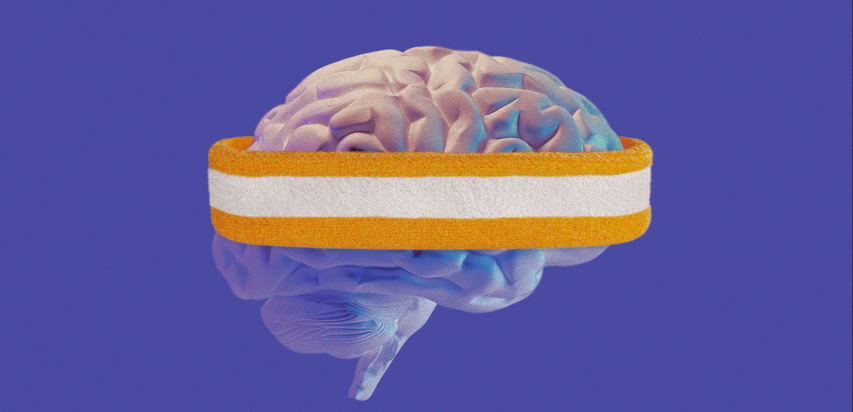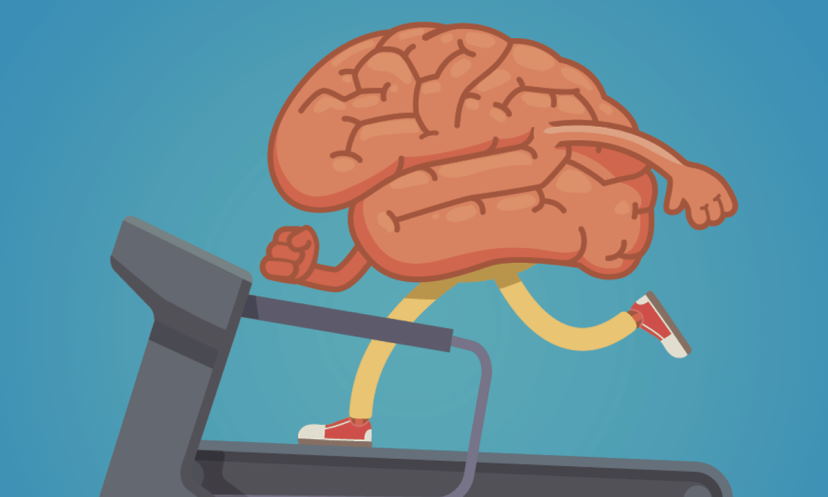Ways Physical Activity Can Boost Your Brain Health

If you’re looking for ways to improve your brain health, consider adding some physical activity to your routine. Exercise has been shown to have a number of benefits for the brain, including improved memory and increased protection against cognitive decline. In addition, physical activity can help reduce stress and improve sleep, which are important for maintaining optimal brain health. So if you’re looking for ways to boost your brainpower, add some exercise into the mix!
The relationship between physical activity and brain health
There are many ways to be physically active, and some activities may be more beneficial for brain health than others. The best way to get the most benefit from physical activity is to be as active as possible and do various types of activities.
Research has shown that regular physical activity can help improve brain function and reduce the risk of developing conditions such as Alzheimer’s disease, dementia, and stroke. Physical activity can also help improve cognitive function in people with these conditions.
There are many ways to be physically active, and some activities may be more beneficial for brain health than others. The best way to get the most benefit from physical activity is to be as active as possible and do various types of activities.
For example, aerobic exercise (such as walking, running, swimming, or cycling) can help improve brain function and reduce the risk of developing Alzheimer’s and dementia. Strength training (such as lifting weights) can also help improve brain function.
Some research has shown that mind-body exercises (such as yoga and Tai Chi) can also benefit brain health. This is because these activities combine physical activity with mental focus and relaxation, which may help to improve cognitive function.
It is important to remember that the benefits of physical activity for brain health are most effective when it is done regularly. Therefore, to get the most benefit from physical activity, try to be active every day for at least 30 minutes.

Brain games: the benefits of physical activity on your mental health
We all know that physical activity is good for our physical health, but did you know that it can also have a positive impact on our mental health? Exercise has been shown to improve mood, relieve stress, and boost cognitive function.
In one study, sedentary adults who began a regular exercise program reported feeling happier and less anxious after just eight weeks. Another study found that people who exercised three times per week for six months experienced increased levels of self-esteem and life satisfaction.
Exercise isn’t just good for our mental health in the short-term; it can also have long-term benefits. A large body of research has shown that physically active people are at lower risk for developing dementia than those who are inactive. Exercise may also help to slow the progression of cognitive decline in older adults.
So, what are the benefits of physical activity on our mental health? Let’s take a closer look.
- Improves mood
Exercise has been shown to improve mood and relieve symptoms of depression. In one study, people who participated in aerobic exercise three times per week for 12 weeks showed significant improvements in depressive symptoms compared to those who did not exercise.
Aerobic exercise isn’t the only type of exercise that can improve mood; resistance training, yoga, and even walking have all been shown to boost mood and reduce feelings of anxiety and stress.

- Relieves stress
We all experience stress from time to time, but chronic stress can lead to problems such as anxiety, depression, and sleep difficulties. Exercise has been shown to be an effective way to reduce stress.
In one study, people who participated in a 10-week exercise program reported feeling less stressed than those who did not exercise. Another study found that just 30 minutes of moderate-intensity exercise was enough to reduce stress levels.
- Boosts cognitive function
Exercise has also been shown to boost cognitive function. In one study, older adults who participated in a six-month aerobic exercise program experienced improvements in memory and executive function (the ability to plan and organize).
Other studies have shown that regular exercise can help to prevent age-related decline in brain function. In one study, people who exercised four times per week for six months were able to maintain their cognitive function despite getting older.
- Increases lifespan
In addition to improving mental health, exercise has also been shown to increase lifespan. A large body of research has shown that physically active people are at lower risk for developing chronic diseases such as heart disease, stroke, and diabetes.
Exercise has also been shown to reduce the risk of death from cancer. In one study, people who exercised three times per week for five years had a 35% lower risk of dying from cancer than those who did not exercise.
So, there you have it: the benefits of physical activity on mental health are numerous. If you’re looking for a way to improve your mood, relieve stress, and boost cognitive function, start exercising today!
